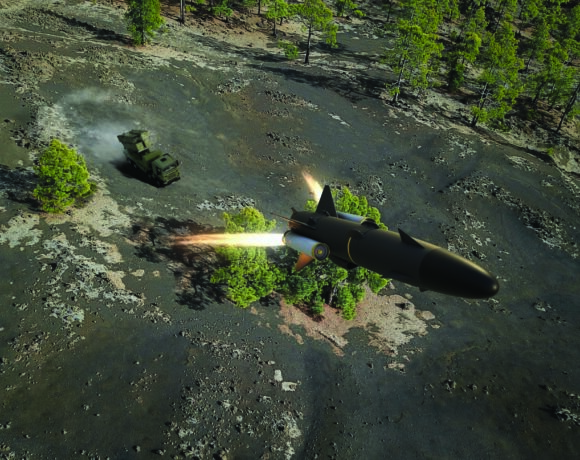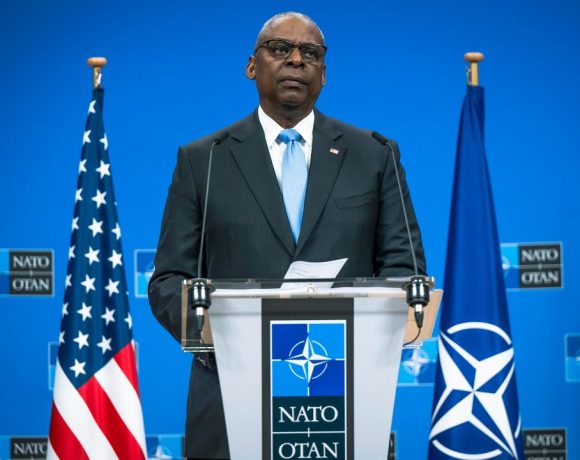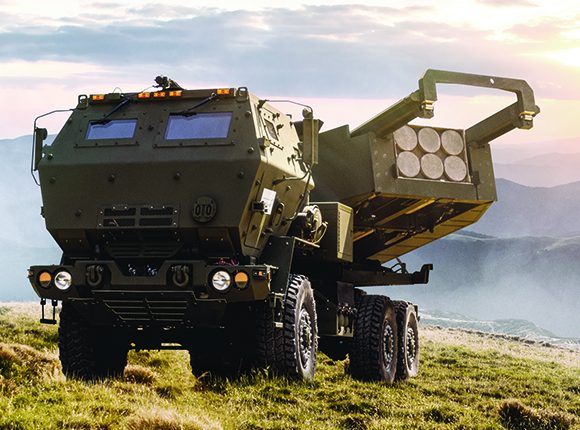F-16 Block 70 jet makes ferry flight to Bahrain
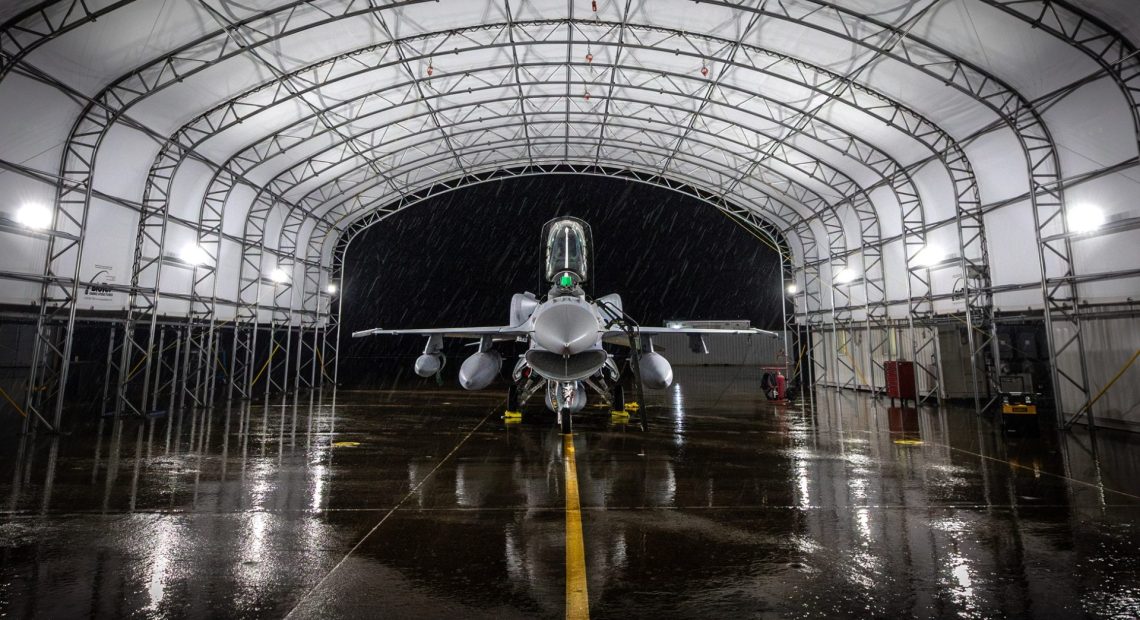
Over 3,100 F-16s are operational in 25 countries
In a unique accomplishment for both Lockheed Martin and Bahrain, the first of three F-16 Block 70 jets took off from Greenville, South Carolina, on March 7, 2024, marking the commencement of a historic ferry flight to Manama, Bahrain.
This move solidifies Bahrain’s position as the first Gulf Cooperation Council member to operate the Lockheed Martin-developed F-16 and as the pioneer in integrating the advanced F-16 Block 70 variant into its air defence fleet.
Lockheed Martin has already produced five F-16 Block 70 jets for Bahrain, with an additional 11 currently in different stages of production and testing.
The initial aircraft are undergoing flight test missions at Edwards Air Force Base, California, under the watchful eye of the 416th Flight Test Squadron.
Pivotal role
OJ Sanchez, the Vice President and General Manager of the Integrated Fighter Group at Lockheed Martin, underscored the pivotal role of the F-16 Block 70 in the 21st-century security battlespace.
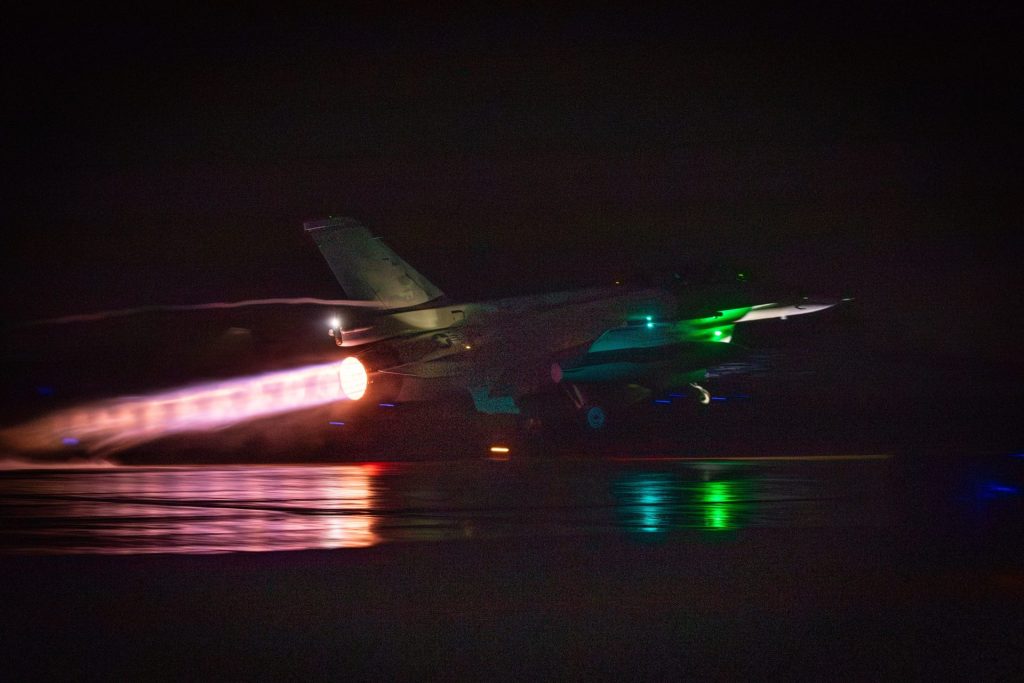
“With the introduction of the F-16 Block 70, we are witnessing a significant leap in fighter capabilities. The integration of this proven platform will empower the Royal Bahraini Air Force to safeguard its skies effectively and collaborate with allies worldwide,” Sanchez stated.
He added: “More than 3,100 F-16s are operational in 25 countries, showcasing the F-16’s reputation as a highly reliable and versatile fighter.”
Sanchez acknowledged the enduring partnership between the US government, Bahrain, and Lockheed Martin, emphasising shared values in defence, economic growth, and cultural ties.
4.5-generation technology
The F-16 Block 70 jets, representing a significant advancement in fighter capabilities, boast 4.5-generation technology.
Equipped with the APG-83 AESA radar, advanced avionics, and a modernised cockpit featuring new safety systems and sophisticated weapon platforms, these fighter aircraft also feature conformal fuel tanks for extended range, an improved performance engine, and an industry-leading extended structural service life of 12,000 hours.
Highlighting an essential safety feature of the F-16, the Automatic Ground Collision Avoidance System, introduced in late 2014, has been instrumental in saving the lives of 13 pilots across 12 jets, showcasing the aircraft’s superior safety and performance capabilities.
Lockheed Martin’s commitment to the Middle East spans over 50 years, focusing on regional security and advanced technology for critical missions.
The current backlog of the F-16 Block 70 programme includes 133 aircraft for six countries. This year, Lockheed Martin anticipates delivering 19-21 jets and foresees potential opportunities for up to 300 additional F-16s worldwide.
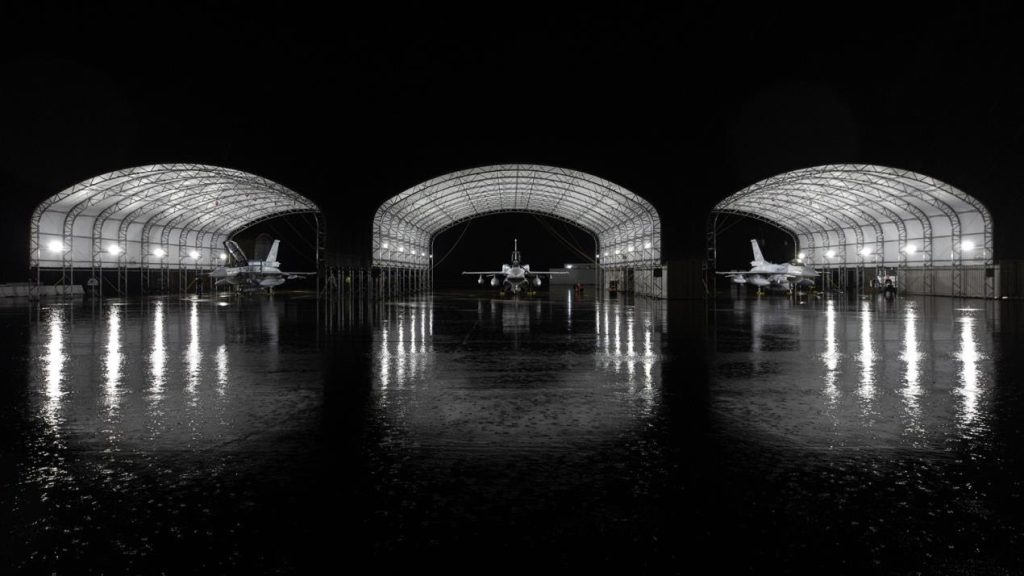
The F-16 Block 70, an advanced variant of the venerable F-16 Fighting Falcon, represents a pinnacle in modern fighter jet technology. This state-of-the-art aircraft boasts enhanced capabilities, including an advanced avionics suite, cutting-edge radar systems, and improved sensors for heightened situational awareness.
The Block 70’s powerful General Electric F110-GE-132 engine ensures exceptional speed and agility, while its modular design allows for seamless integration of future upgrades.
With its unmatched versatility and cost-effectiveness, the F-16 Block 70 remains a key player in global air forces, delivering a potent combination of innovation, reliability, and combat prowess.
Featured image: The F-16 Block 70 fighter jet set to depart from Greenville, South Carolina, for Manama in Bahrain. Credit: Lockheed Martin

